Are Hydroponic Strawberries Organic?
I get commissions for purchases made through links in this post. View our Affiliate Disclaimer.
Imagine enjoying delicious and nutrient-rich strawberries that are grown sustainably and without harmful pesticides or herbicides. Are hydroponic strawberries organic? This is a question that often sparks debate among both farmers and consumers alike.
Hydroponic strawberries cannot be considered truly organic as they do not meet the requirements for organic certification, which is that crops are grown in soil free from synthetic additives and chemicals. Hydroponic systems use a soilless medium which doesn’t meet this criterion.
To understand the answer to this often-asked question, it is important to delve into the world of hydroponic farming methods and traditional organic farming principles. In this article, we will discuss the organic classification of hydroponic strawberries, delve into the certifications and standards that define what can be labeled as organic, and discuss the arguments from both sides of the spectrum.
Understanding Hydroponic Farming Methods
Hydroponic farming is a revolutionary technique that allows plants to be grown without soil. Plants are grown in a nutrient-rich solution providing them with all the essential elements they need to thrive.
This method is particularly popular in vertical farming, where plants are stacked on top of each other in a controlled environment. By utilizing vertical space, hydroponic farms can maximize their yield and produce a large number of crops in a relatively small area.
One of the key components of hydroponic farming is the use of nutrient solutions. These solutions contain a mix of essential nutrients, such as nitrogen, phosphorus, and potassium, essential for plant growth.
The plant’s roots are submerged in the solution, allowing them to absorb these nutrients directly. This eliminates the need for soil, as the plants can obtain everything they need from the solution.
Hydroponic systems often use recirculating systems, where the solution is continuously pumped through the roots of the plants, ensuring a constant supply of nutrients. This method not only maximizes nutrient uptake but also minimizes waste, making hydroponic farming an environmentally friendly option.
Hydroponic farming methods, such as vertical farming and the use of nutrient solutions, have revolutionized the way we grow crops. By eliminating the need for soil and utilizing vertical space, hydroponic farms can produce a large number of crops in a small area.
The use of nutrient solutions ensures that plants receive all the essential nutrients required for optimal growth. So, if you’re looking for a sustainable and efficient way to grow strawberries, hydroponic farming may be the answer.
Traditional Organic Farming Principles
One of the key principles of traditional organic farming is the use of natural fertilizers and pest control methods. Traditional farmers rely on a variety of techniques to maintain the health of their soil and promote the growth of crops.
They prioritize the use of compost, animal manure, and cover crops to enrich the soil with nutrients and improve its structure. By avoiding synthetic fertilizers and pesticides, traditional organic farmers ensure that their produce is free from harmful chemicals and residues.
In traditional organic farming, soil health is of utmost importance. Farmers employ techniques such as crop rotation, which helps prevent soil erosion and nutrient depletion. By alternating crops in different seasons, farmers can naturally replenish the soil with nutrients, reduce the risk of pests and diseases, and maintain a balanced ecosystem.
Traditional farmers often use natural methods to control pests and weeds, such as companion planting and the introduction of beneficial insects. These practices not only promote biodiversity but also help maintain a healthy and thriving soil ecosystem.
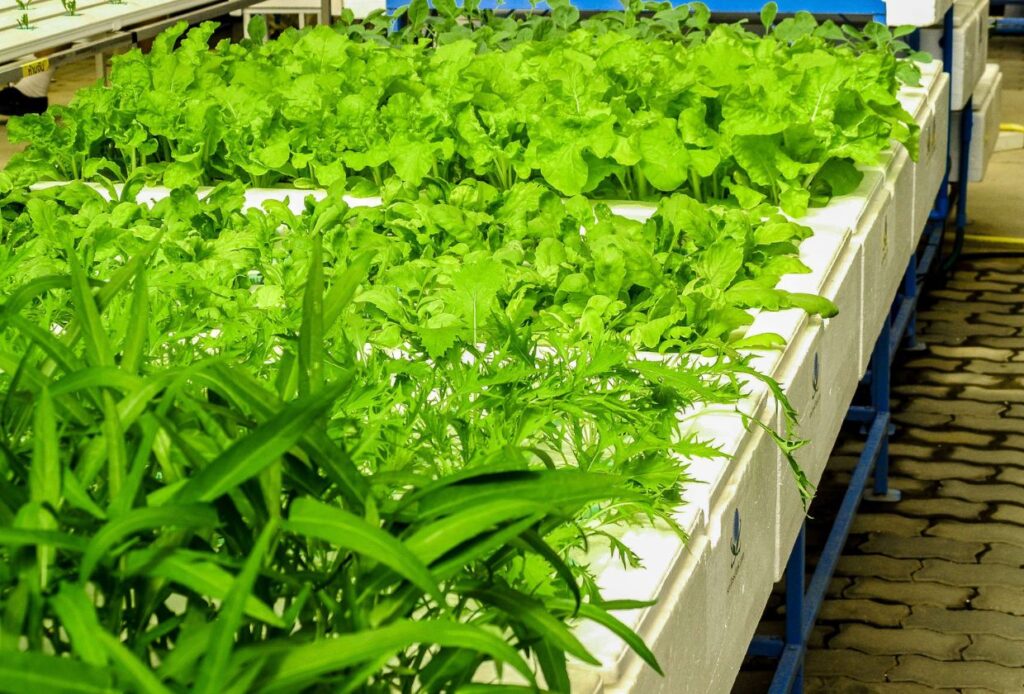
Overall, traditional organic farming techniques prioritize the long-term health of the soil, ensuring that the crops grown are not only organic but also sustainable in the long run.
| Traditional Farming Techniques | Soil Health |
| Use of natural fertilizers | Enrich the soil with nutrients |
| Crop rotation | Prevent soil erosion and nutrient depletion |
| Companion planting | Control pests and weeds naturally |
| Introduction of beneficial insects | Promote biodiversity and a healthy soil ecosystem |
Are Hydroponic Strawberries Organic: The Classification Debate
When it comes to the debate over the organic classification of hydroponic strawberries, there are strong arguments on both sides.
Those who argue against considering hydroponic strawberries as organic point to the fact that organic farming principles emphasize the use of natural soil and the absence of synthetic chemicals, which hydroponics doesn’t adhere to.
Proponents of classifying hydroponic strawberries as organic argue that the method still meets the criteria of being pesticide-free and environmentally friendly, as it uses less land and water compared to traditional farming methods.
Ultimately, this debate highlights the complexities and nuances of the organic classification system and the need for further discussion and clarification.
Arguments Against Considering Hydroponic Strawberries Organic
Unfortunately, hydroponic strawberries can’t be considered organic due to the lack of natural soil and reliance on artificial nutrients. One of the most important key requirements for organic certification is that crops are grown in soil that is free from synthetic additives and chemicals.
Hydroponic systems use a soilless medium such as coconut coir or rock wool, which doesn’t meet this criterion. This is a major contention point in the debate over whether hydroponic strawberries should be classified as organic.
In addition to the soil-based farming requirement, organic certification also emphasizes the use of natural fertilizers and nutrients. Traditional organic farmers rely on compost, manure, and other organic materials to nourish their crops.
Hydroponic systems use specially formulated nutrient solutions that are added directly to the water. While these solutions may contain natural ingredients, they are still processed and manufactured, which goes against the principle of organic farming.
Therefore, even though hydroponic strawberries can be grown without pesticides and herbicides, they don’t meet the strict guidelines for organic certification due to their reliance on artificial nutrients and lack of natural soil.
Arguments For Classifying Hydroponic Strawberries As Organic
Hydroponic strawberries offer a promising solution to meet the increasing demand for organic produce. While some argue that hydroponic strawberries should not be classified as organic due to the absence of soil, there are strong arguments in favor of considering them as such.
One of the main points in favor of classifying hydroponic strawberries as organic is the comparison between hydroponic and soil-based cultivation methods. In traditional soil-based farming, strawberries are susceptible to pests, diseases, and weeds, which often require the use of chemical pesticides and herbicides.
Hydroponic systems provide a controlled environment that minimizes these risks. By eliminating the need for harmful chemicals, hydroponic strawberries can be grown using organic-approved pest management techniques such as biological controls and beneficial insects. This ensures that the berries are free from toxic residues and are safe for consumption.
Another argument in favor of considering hydroponic strawberries as organic is their nutrient absorption efficiency. Hydroponic systems allow for exact control over the nutrient solution, providing plants with optimal nutrition.
Unlike soil-based cultivation, where nutrients can be unevenly distributed or easily leached away, hydroponic strawberries can efficiently absorb the necessary nutrients for healthy growth.
This results in healthier plants that produce more nutritious and flavorful berries. Additionally, hydroponic systems can be designed to use less water compared to traditional soil-based farming, contributing to sustainable agriculture practices.
| Hydroponic Strawberries | Soil-Based Strawberries |
| Grown sustainably | Susceptible to pests, diseases, and weeds |
| No harmful pesticides or herbicides | May require chemical pesticides and herbicides |
| Precise control over nutrient absorption | Nutrient distribution may be uneven |
| Less water usage | Higher water usage |
The arguments in favor of classifying hydroponic strawberries as organic are strong. The comparison between hydroponic and soil-based cultivation methods highlights the advantages of hydroponics in terms of sustainability and reduced chemical use.
The nutrient absorption efficiency of hydroponic systems ensures that the strawberries are packed with essential nutrients. By embracing hydroponics as a viable organic farming method, we can enjoy delicious, sustainable, and pesticide-free strawberries while meeting the growing demand for organic produce.
Certifications And Standards For Organic Growing
You might be surprised to learn that hydroponic strawberries can actually be certified as organic. While many people associate organic farming with soil-based methods, hydroponic farming has gained recognition in recent years as a viable organic growing technique.
The key lies in the certifications and standards that hydroponic farmers must meet in order to label their strawberries as organic.
One of the main arguments in favor of classifying hydroponic strawberries as organic is that they can be grown without the use of synthetic pesticides and fertilizers. In traditional soil-based farming, organic certification relies on the absence of these synthetic inputs.
However, hydroponic systems are designed to provide plants with all the necessary nutrients through a carefully balanced solution, eliminating the need for synthetic fertilizers. Hydroponic systems can incorporate natural pest control methods, such as beneficial insects or biological controls, to manage pests without resorting to synthetic pesticides.
This means that hydroponic strawberries can meet the same criteria for organic certification as their soil-grown counterparts.
Consumer awareness and education play a crucial role in understanding the organic certification process for hydroponic strawberries. Many consumers may not be aware that hydroponic farming can be organic, as the traditional image of organic farming is often associated with soil-based methods.
However, by educating consumers about the specific certifications and standards that hydroponic farmers must adhere to, they can make informed choices and feel confident in purchasing organic hydroponic strawberries.
It is important to emphasize that the focus of organic certification is on the absence of synthetic inputs and the use of sustainable growing practices rather than the specific growing method. With increased consumer awareness and education, the acceptance of hydroponic strawberries as organic can continue to grow.
Consumers Making Informed Choices
When it comes to making informed choices as consumers, understanding labels and certifications is crucial. By familiarizing ourselves with the meaning behind various labels, such as ‘organic’ or ‘non-GMO,’ we can better understand the quality and production methods associated with the products we purchase.
Supporting sustainable and environmentally friendly farming practices is another key aspect of being an informed consumer. By choosing products that prioritize sustainable farming methods, we can contribute to the preservation of our environment and promote a more sustainable future for all.
Understanding Labels And Certifications
Exploring labels and certifications further, it’s important to know if hydroponic strawberries can be considered organic.
Hydroponic farming refers to a method of growing plants without soil, using a nutrient-rich water solution instead. On the other hand, soil-based farming involves growing crops in the traditional way, where the plants obtain their nutrients from the soil.
When it comes to organic farming, there are certain principles and practices that need to be followed. Organic farming aims to minimize the use of genetically modified organisms (GMOs), pesticides, and synthetic fertilizers. It focuses on sustainable practices that promote biodiversity and conserve natural resources.
So, can hydroponic strawberries be considered organic? Let’s take a closer look:
- No soil, no organic matter. One of the key requirements for organic farming is the use of organic matter in the soil. Since hydroponic farming doesn’t involve soil, it lacks this essential component.
- Synthetic inputs. Hydroponic systems often rely on synthetic fertilizers and pesticides to provide the necessary nutrients and control pests. This goes against the principles of organic farming, which promotes the use of natural and organic inputs.
- Biodiversity and sustainability. Organic farming encourages biodiversity and sustainable practices. Soil-based farming plays a crucial role in supporting biodiversity, as it provides a habitat for various organisms. In contrast, hydroponic systems have limited biodiversity and may require more energy and resources to operate.
- Certification. In many countries, organic produce is certified by regulatory bodies that set specific standards. These standards usually exclude hydroponic farming from being considered organic, as it doesn’t align with the traditional soil-based approach.
Supporting Sustainable Farming Practices
Supporting sustainable and environmentally friendly farming practices involves implementing methods that prioritize the health of the soil, promote biodiversity, and conserve natural resources.
Hydroponic farming, for example, is one such method that offers numerous benefits. In hydroponic systems, plants are grown without soil, using nutrient-rich water instead. This method not only reduces the need for pesticides and herbicides but it also minimizes water usage by recycling and reusing the nutrient solution.

By eliminating soil, hydroponic farming reduces the risk of soil erosion and degradation, helping to preserve the health of our land for future generations. Hydroponic farming promotes sustainable agriculture by using less land and fewer resources.
Since plants are grown vertically or in stacked layers, hydroponic systems can produce a higher yield in a much smaller space compared to traditional farming methods. This makes hydroponic farming particularly suitable for urban areas where land is limited.
The controlled environment of hydroponic systems allows for year-round cultivation, reducing the need for long-distance transportation of produce and lowering carbon emissions.
By embracing hydroponic farming and other sustainable agriculture methods, we can support a more efficient and eco-friendly approach to growing food, ensuring a healthier planet for all.
Organic Hydroponic Strawberries FAQs
These as some of the most frequently asked questions that we receive from our readers.
Can Hydroponic Strawberries Be Considered Truly Organic?
Hydroponic strawberries cannot be considered truly organic because they do not meet the requirements for organic certification. Their environmental impact can vary depending on the specific growing methods used.
How Do Hydroponic Methods Differ From Traditional Organic Farming?
Traditional organic farming and hydroponic farming differ in their methods. Traditional farming uses soil and natural methods, while hydroponic farming uses water and nutrients. Each has its own pros and cons, offering unique benefits for different needs.
What Are The Main Arguments Over Organic Classification Of Hydroponic Strawberries?
The classification of hydroponic strawberries as organic is a topic of debate. Arguments for and against the classification revolve around the use of synthetic fertilizers, soilless growing methods, and the impact on nutrient content and sustainability.
Are There Any Certifications Or Standards Specific To Hydroponic Strawberries?
There are currently no specific certifications or standards for hydroponic strawberries. However, some organic certification requirements can be applied to hydroponic farming techniques, ensuring sustainable practices and minimizing environmental impact.
How Can Consumers Make Informed Choices For Purchasing Hydroponic Strawberries?
Consumer education is key in making informed choices when purchasing hydroponic strawberries. By understanding sustainable farming practices and seeking certifications or labels that indicate environmentally friendly production methods, consumers can support responsible growers.
Conclusion
The question of whether hydroponic strawberries can be considered organic is a complex one. While hydroponic farming methods don’t rely on traditional soil-based practices, they still adhere to many of the principles of organic farming.
Ultimately, as consumers, it’s important for us to be informed about the farming methods used to produce the strawberries we purchase. By understanding the differences between traditional organic farming and hydroponics, as well as the certifications and standards in place, we can make informed choices that align with our personal preferences and values.
Whether we prefer strawberries grown in soil or hydroponic systems, both methods have their merits and contribute to sustainable and environmentally friendly agriculture.
Get more posts like this
Subscribe to our mailing list and get interesting homesteading and green living info and updates to your email inbox.
Thank you for subscribing.
Something went wrong.

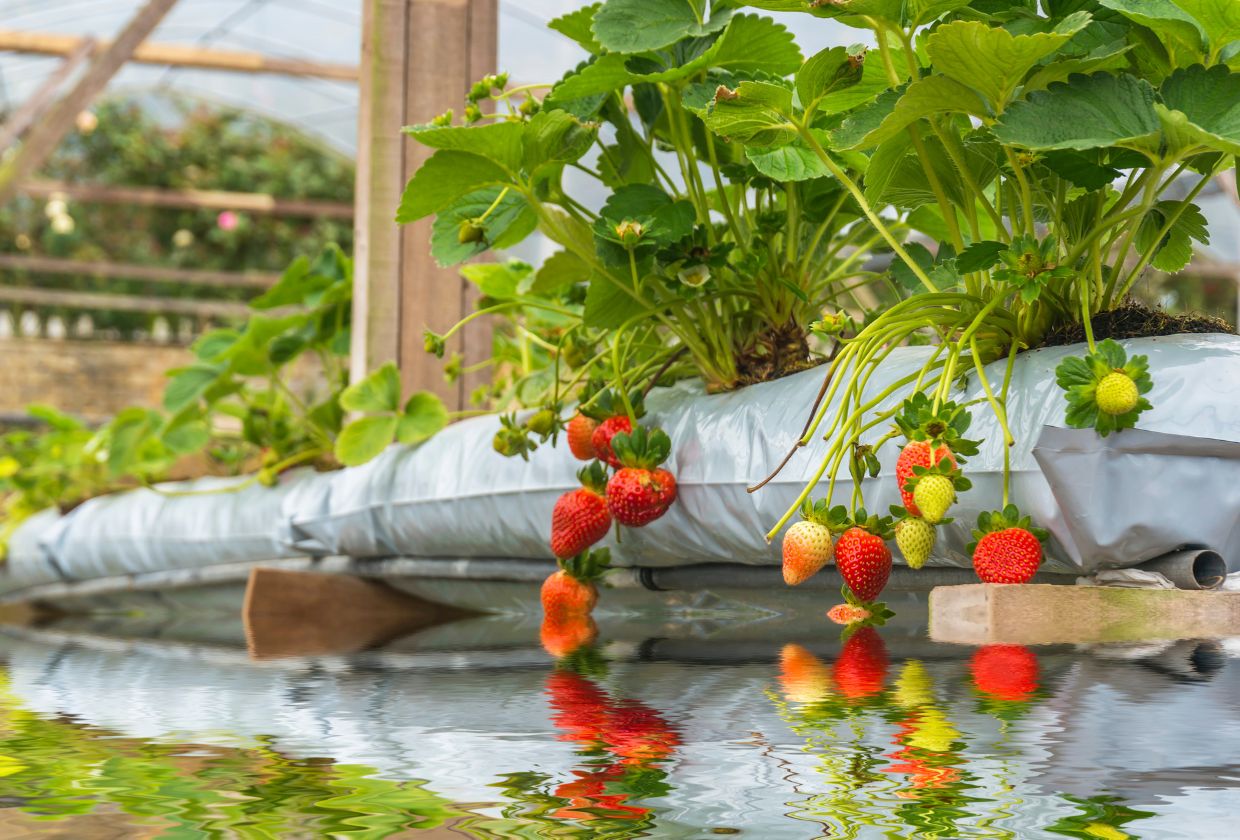
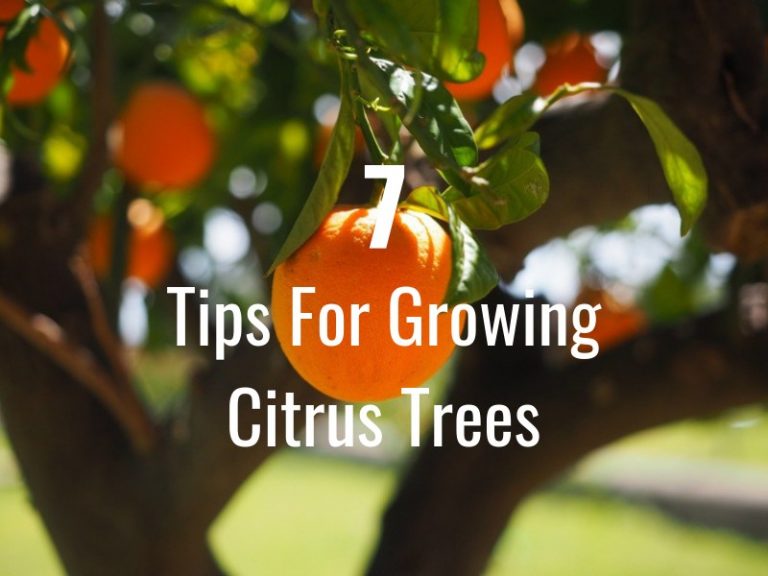

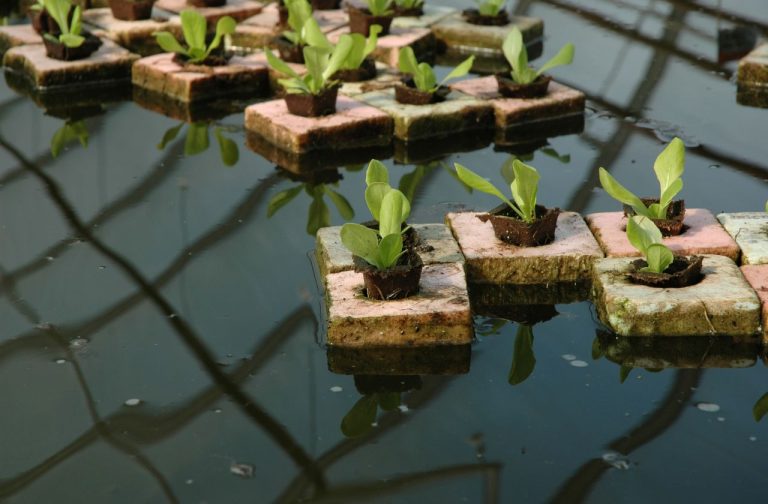


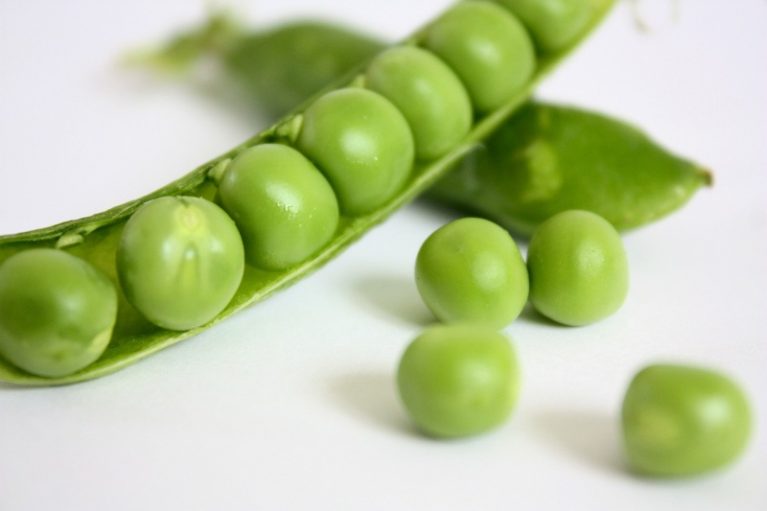
Such great info! Thanks for sharing!